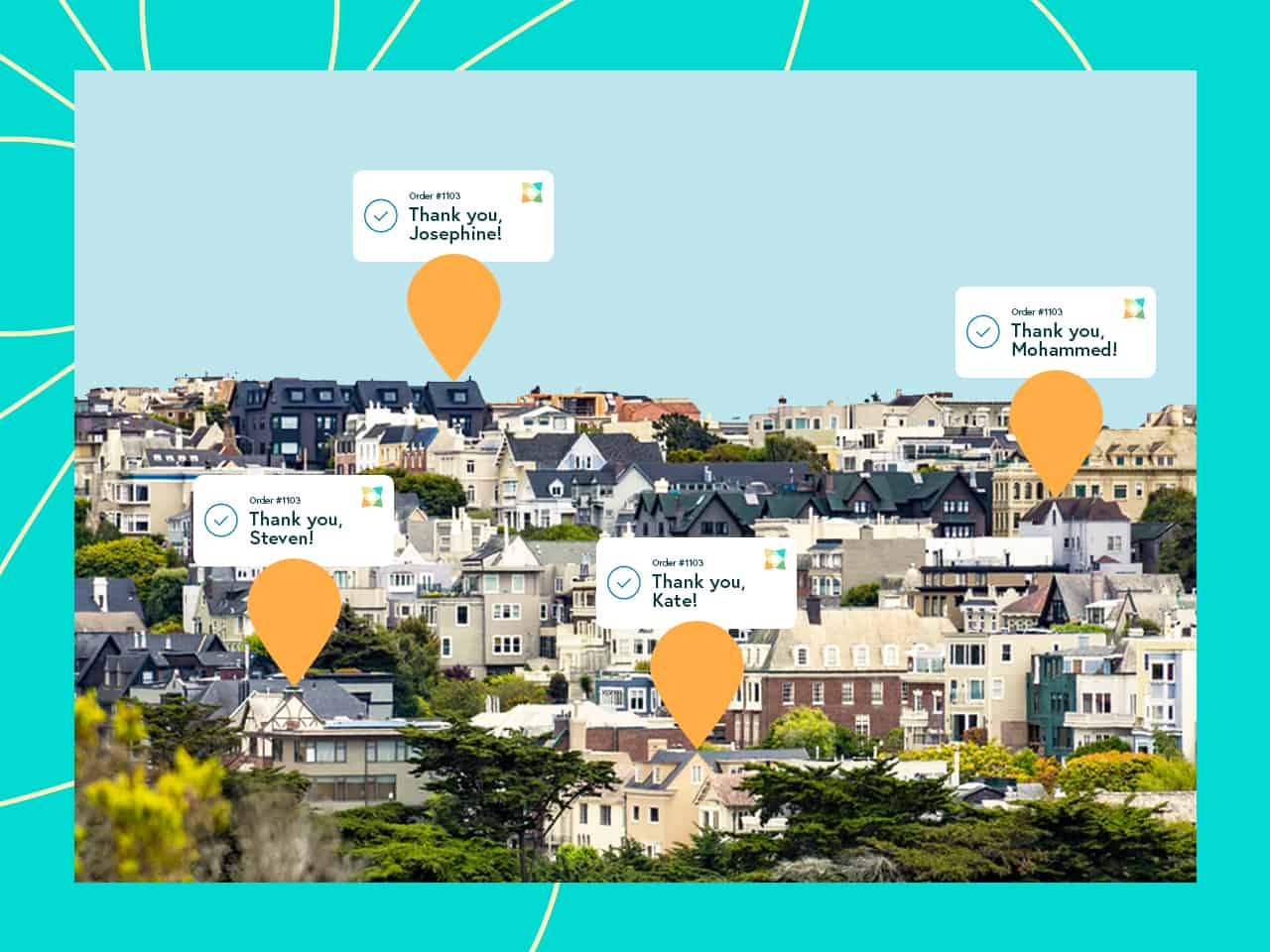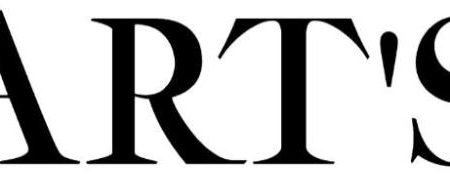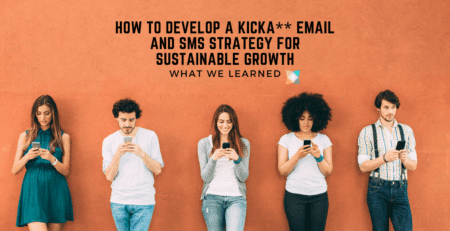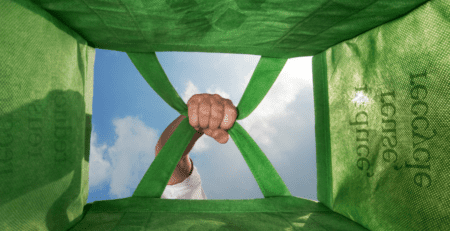GoodCarts, as a mutually cooperative business model, has been brewing in Chris Dykstra’s mind since the early 1990s. Dykstra got his start in restaurants, landscaping, and screen printing––businesses that all turned into what was then called social entrepreneurship.
At the time, Dykstra was sourcing Native American art from inmates in Sioux Falls, printing the images on t-shirts selling them internationally, and keeping a portion of the profit in escrow for the prisoners’ release.
Throughout his early career, Chris Dykstra was advised that business was predicated on producing and selling a product or service for the most profit, regardless of social or climate consequences. Values and ethics were often the last consideration in business, not the first. Yet Dykstra was able to confirm to himself through a variety of endeavors, that business could be used as a tool for social change.
Enter the Internet
 Chris Dykstra had taught himself HTML during the nineties and translated that knowledge, a degree in art, and knowledge of print production, into a position leading the interactive design departments in five countries for a hot tech startup. In parallel, major brands like Ben and Jerry’s, Patagonia, StonyField Yogurt and Eileen Fisher began to organize around a new set of business principles—principles that included using business to advance climate and social justice.
Chris Dykstra had taught himself HTML during the nineties and translated that knowledge, a degree in art, and knowledge of print production, into a position leading the interactive design departments in five countries for a hot tech startup. In parallel, major brands like Ben and Jerry’s, Patagonia, StonyField Yogurt and Eileen Fisher began to organize around a new set of business principles—principles that included using business to advance climate and social justice.
Dykstra turned his experience scaling interactive design and outsourced software services for a company going public during the Internet Bubble into a series of successful technology startups. First there was Warecorp, then DrupalSquad.com.
Chris Dykstra eventually navigated himself to the Social Venture Circle, where he discovered an entire movement of entrepreneurs that were doing business the way Dykstra envisioned, something that is available to all and provides abundant, equitable incentives for entrepreneurs, employees and investors to participate.
Yet one nagging problem and business lesson continued to inhibit growth of the purpose-driven business movement: The movement needed to do more deals with itself in order to grow. And that is when Dykstra came up with the concept of a “micro-deals platform” GoodCarts.co.
Why not give people a really easy way for hundreds of thousands of purpose-driven ecommerce brands to exchange customers’ traffic for free? It costs nothing to contribute departing traffic to the network and functions as a currency that can “purchase” additional customers at no additional cash expense.
Why now
Over the last decade we’ve seen a gradual evolution towards the acceptance of social and climate justice in our concept of business. Businesses that operate in a way that include and benefit a diverse set of stakeholders and support climate justice are proven to be more profitable and resilient than those that don’t.
The growth of businesses that operate in this manner is necessary to the survival of our species. In order to address climate change and other social ills, business that delivers necessary value to markets must do so in a way that doesn’t hurt the earth or its inhabitants. Chris Dykstra saw an opportunity to help socially conscious businesses go mainstream by giving deals to existing and new consortiums of ethical consumers.
For all the above reasons, impact entrepreneurship is one of the fastest growing start-up sectors in the world. Companies and businesses that are purpose-driven witness higher market share gains and growth, three times faster [PDF] than competitors. B Corps, social enterprises, and everyday small businesses committed to impact are emergent. Consumers are buying with their values, and the success of value-based consumption is supported by digitized community platforms (i.e. social media) that yield social currency.
Research on financial and capital markets indicates that consumers make choices not just on the quality or the price of the product but also how their purchase influences positive social change. Consumers desire a product that makes a statement, achieves a goal, and facilitates a feeling of participating in, helping with, and catalyzing impact.
Though changing consumer habits and paradigms have driven new models for business, the truth is, the sustainability sector of the market is still small despite its continual growth. We are in the process of evolving towards these practices. We are not there yet, and that’s why GoodCarts is needed.
IMD Business School’s President Jean-Francois Manzoni says for business of today and the future, “it will not only be possible to do well by doing good, it will only be possible to do well by doing good.” GoodCarts intends to accelerate this growth and to provide reasons for great brands to cooperate for growth and greater profit through reduced cost of customer acquisition.
The impact economy is made bigger with every new mission-driven store that joins the GoodCarts network. By virtue of contributing your after-checkout traffic to other like-minded businesses, the growth is collective rather than zero-sum.
We must cast aside our scarcity mentality from the days of limited shelf space that has purpose-driven brands bidding away our margins against each other to the benefit of digital advertising behemoths rather than growing our profits and impact together.
Creating systems of shared abundance is a new and untapped horizon of business. Moreover, the impact economy is not merely the widened access to sustainable and value driven products, it’s a dispersion of missions, values, ideals, and becomes a force for a common solution as much as it is an opportunity to grow your business.
What’s next in Chris Dykstra’s vision?
Dykstra is pretty clear about what he wants GoodCarts to be and what it needs to do, to stimulate market growth. He’s using the tools available to him and GoodCarts to leverage the market towards values and a culture of shared abundance.
By creating a collective of mission-driven companies, existing consumers of a singular business could be customers of another business, therefore sharing and tapping into new customer bases. GoodCarts is rooted firmly in a differentiated paradigm of business: Chris Dykstra and his team believe that business is zero-sum insofar there is no infrastructure to create opportunity for shared growth. There is a fuller spectrum business operates in, if there is a system of cooperation and community.
GoodCarts created that community system. It’s a marketplace to grow as a business and to share in that growth with other like-minded businesses. One business’ growth is not to the detriment of another business. GoodCarts isn’t simply a new marketplace for sustainable business, it’s a rejection of traditional and exclusionary practices and values, it’s an affirmation that sustainable growth is rooted in community.
Tune into Chris Dykstra’s background and view on “Liberation Capitalism” in his in-depth interview on the Humanship podcast.
GoodCarts is a network providing mission-driven e-commerce brands and retailers free traffic and new customers. Start bringing in new customers today via our Shopify App or other platforms.











